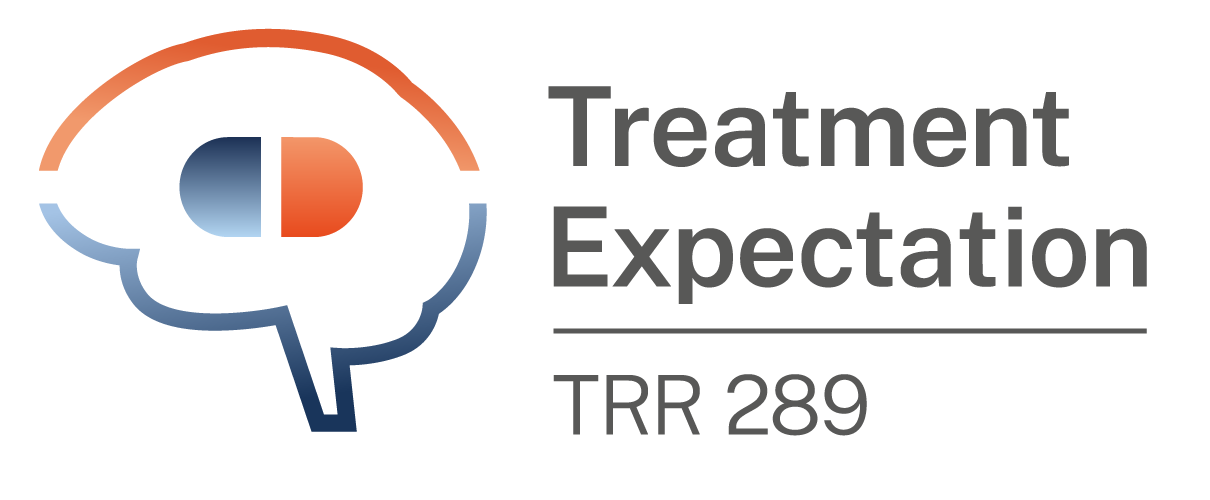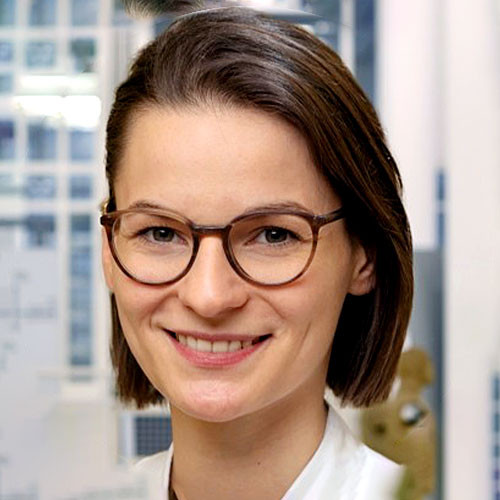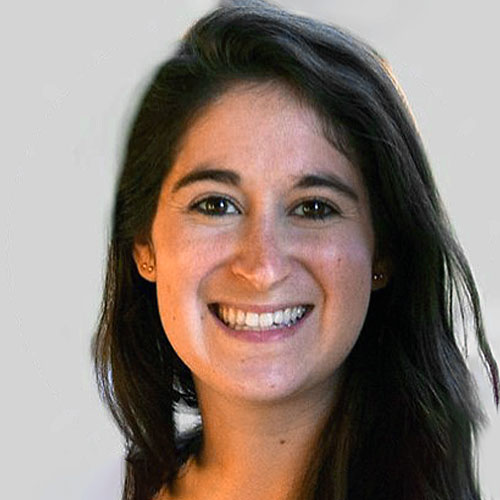To reduce nocebo effects, describe symptoms as positive signals
Talk description
Nocebo effects got you down?
Wishing there was a better way to keep patients informed of possible side effects without making them more likely?
Try SYMPTOMS AS POSITIVE SIGNALS!
Across multiple studies, we find that truthfully framing minor side effects of treatment as positive signals that the treatment is working can help patients know what to expect while providing encouragement that treatment is going well.In a six-month study of patients receiving oral immunotherapy treatment for life-threatening peanut allergies, this approach reduced anxiety, decreased questions about side effects, reduced side effects at the largest dose sizes, and increased biomarkers of allergic tolerance!
In patients who had just received their second COVID-19 shot, a four-minute video describing how minor side effects mean the body is building immunity led to fewer symptoms immediately after vaccination and reduced worry about side effects three days later! If there’s a common underlying mechanism between symptoms and treatment efficacy, and the side effects aren’t dangerous or life-threatening, framing symptoms as positive signals might be right for YOU! Tune in for more on the evidence, promise, and pitfalls of this approach in this EXCLUSIVE science slam by Kari Leibowitz, PhD!
Bio
Kari’s work aims to help us understand how mindsets can be harnessed to improve health and experience in clinical contexts.










